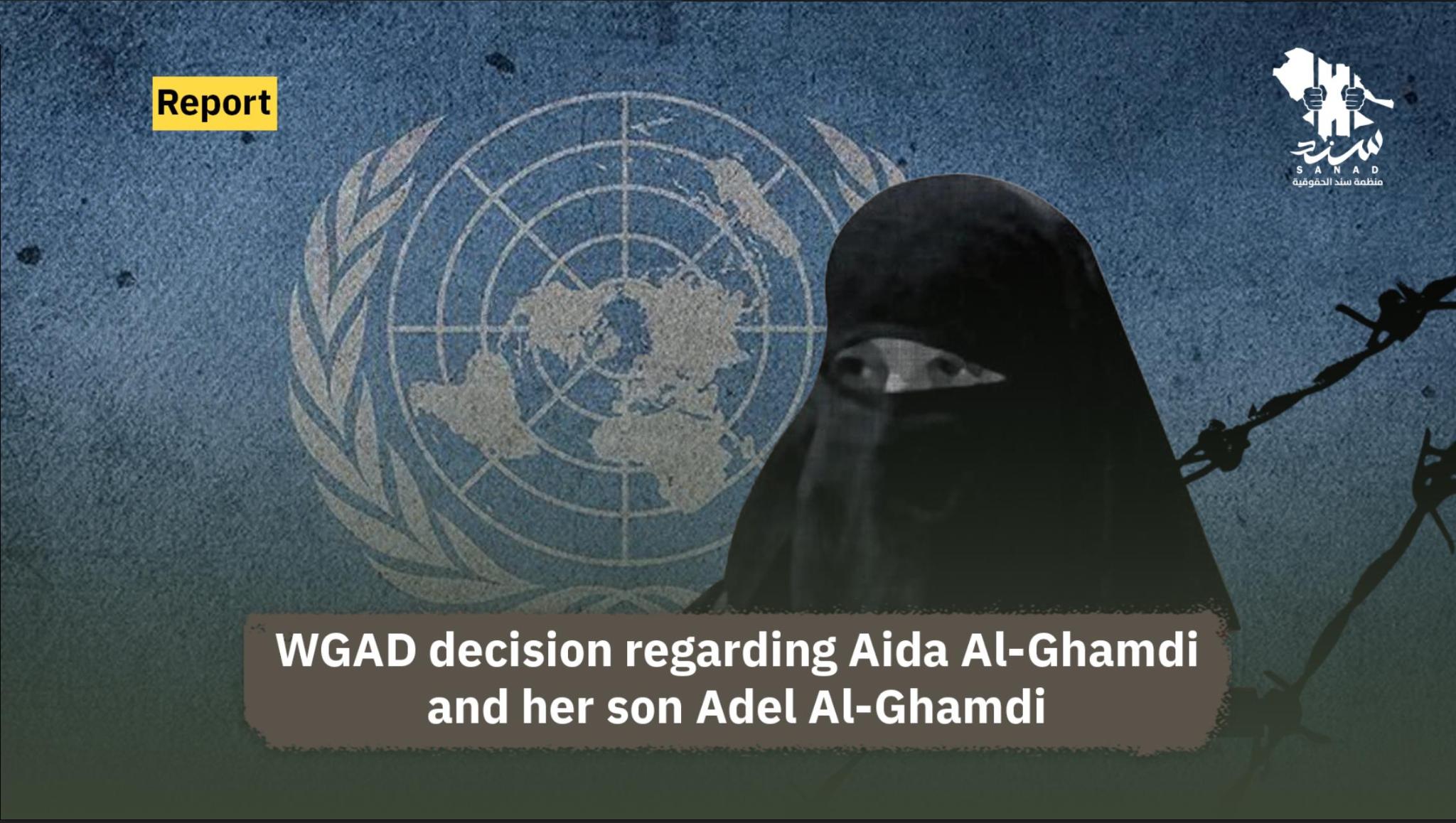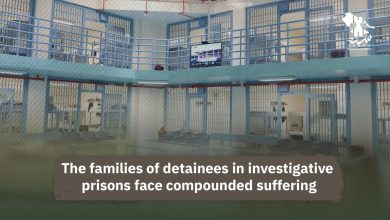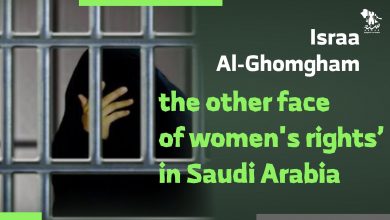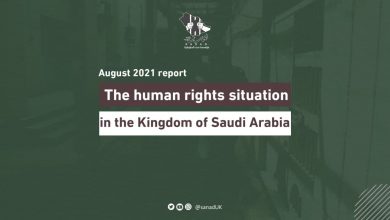
WGAD decision regarding Aida Al-Ghamdi and her son Adel Al-Ghamdi
The United Nations Working Group on Arbitrary Detention issued a decision regarding the detention of Ms. Aida Al-Ghamdi and her son, Adel Al-Ghamdi. The group concluded that their detention was arbitrary, falling under categories 1, 3, and 5, and violated Articles 2, 3, 5, 6, 7, 8, 9, 10, and 11 of the Universal Declaration of Human Rights.
This decision followed a detailed investigation by the group, which found that the Saudi authorities did not provide arrest warrants for Ms. Al-Ghamdi and her son, nor did they immediately inform them of the reasons for their arrest, constituting a violation of Article 9 of the Universal Declaration of Human Rights.
The group noted that the Saudi government failed to disclose the fate and whereabouts of Ms. Al-Ghamdi and her son during the first three months of their detention, rendering their deprivation of liberty illegal and arbitrary, placing them outside the protection of the law. The report also highlighted that this conduct constitutes an aggravated form of arbitrary detention, contrary to Articles 6 and 8 of the Universal Declaration of Human Rights.
Additionally, the group concluded that the Saudi government violated Ms. Al-Ghamdi and her son’s rights to legal assistance and to a fair and public hearing before an independent and impartial tribunal, thereby impeding their ability to defend themselves in legal proceedings.
Regarding torture and ill-treatment, the group indicated that Ms. Al-Ghamdi and her son were subjected to physical and psychological torture, which the Saudi government did not specifically deny. The group confirmed that these acts constitute a blatant violation of Article 5 of the Universal Declaration of Human Rights.
The group found that the detention of Ms. Al-Ghamdi and her son was a result of the activism of one of their relatives abroad against the Saudi government, and noted that their arrest was part of a retaliatory campaign aimed at pressuring their relative to retract his political positions.
In light of these findings, the Working Group urged the Saudi government to take immediate steps to rectify the situation of Ms. Al-Ghamdi and her son in accordance with international standards, including their immediate release and the granting of their right to compensation and rehabilitation. The group also recommended that Saudi laws, particularly the Anti-Terrorism Law, be reviewed to ensure they align with the requirements of due process and fair trial.
In its conclusion, the group called for a full and independent investigation into the circumstances surrounding the detention of Ms. Al-Ghamdi and her son, and for appropriate action to be taken against those responsible for these violations. The group also referred the case to the Special Rapporteur on Torture for further action and requested that this decision be widely publicized.
The decision acknowledged that Saudi authorities had sentenced Aida Al-Ghamdi to 14 years in prison and her son, Adel Al-Ghamdi, to 5 years, in a secret trial without legal representation. Their family only became aware of these sentences during a visit to Dammam prison. Subsequently, the Public Prosecution appealed the sentences, prompting the Supreme Court to overturn the initial judgment. As a result, the Court of Appeal issued a new ruling, increasing Ms. Aida Al-Ghamdi’s sentence to 16 years and her son Adel’s to 14 years.
On March 26, 2018, Saudi authorities arrested Aida Al-Ghamdi and her son Adel without a warrant while they were in their car on their way to a shopping center in the Al-Jamea neighborhood of Dammam. The arrest was carried out by agents from the General Directorate of Investigation, part of the Ministry of Interior, who were dressed in civilian clothes. The investigative vehicles arrived and forced Ms. Al-Ghamdi and Adel Al-Ghamdi to stop their car before taking them to an undisclosed location.






